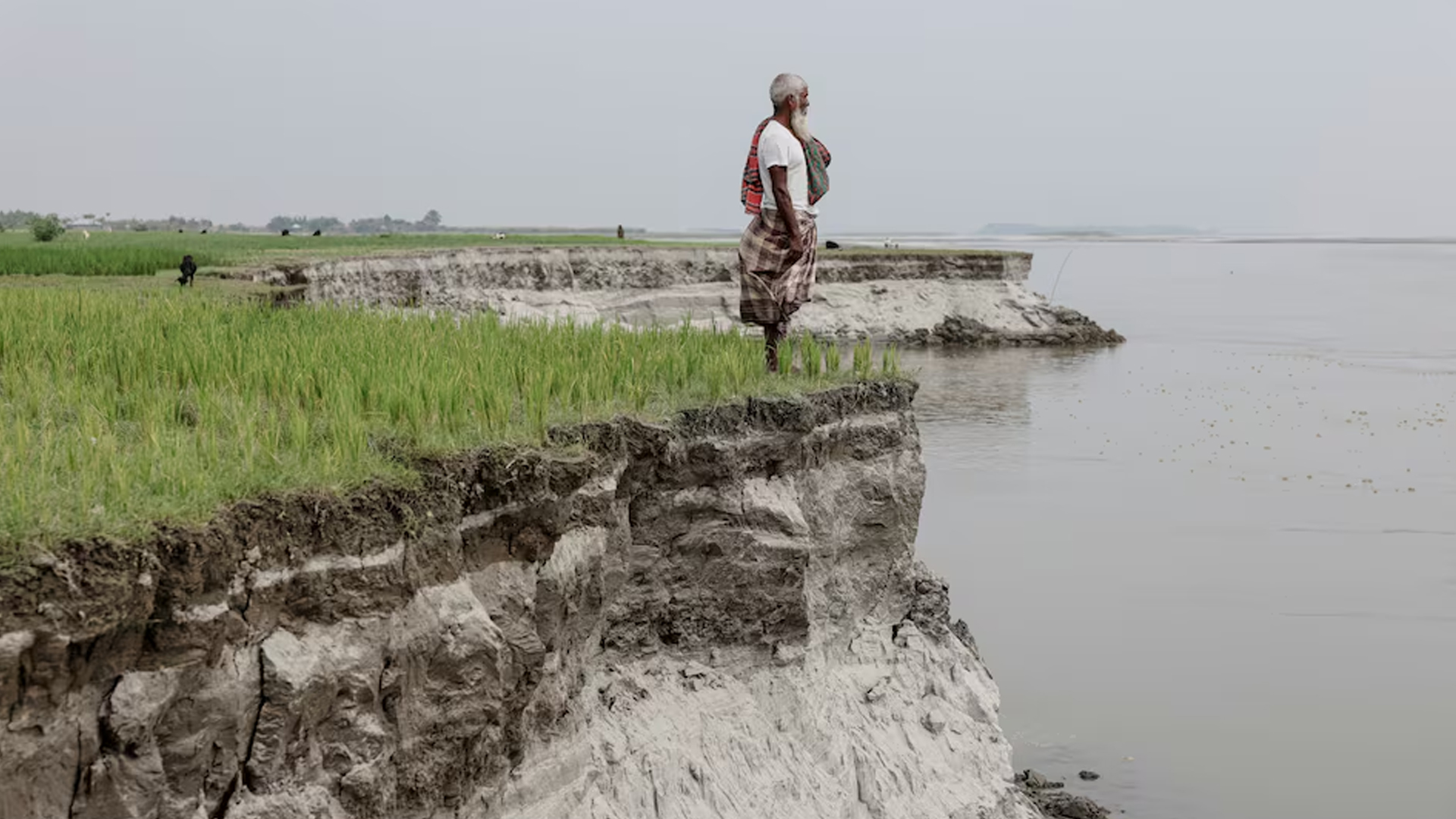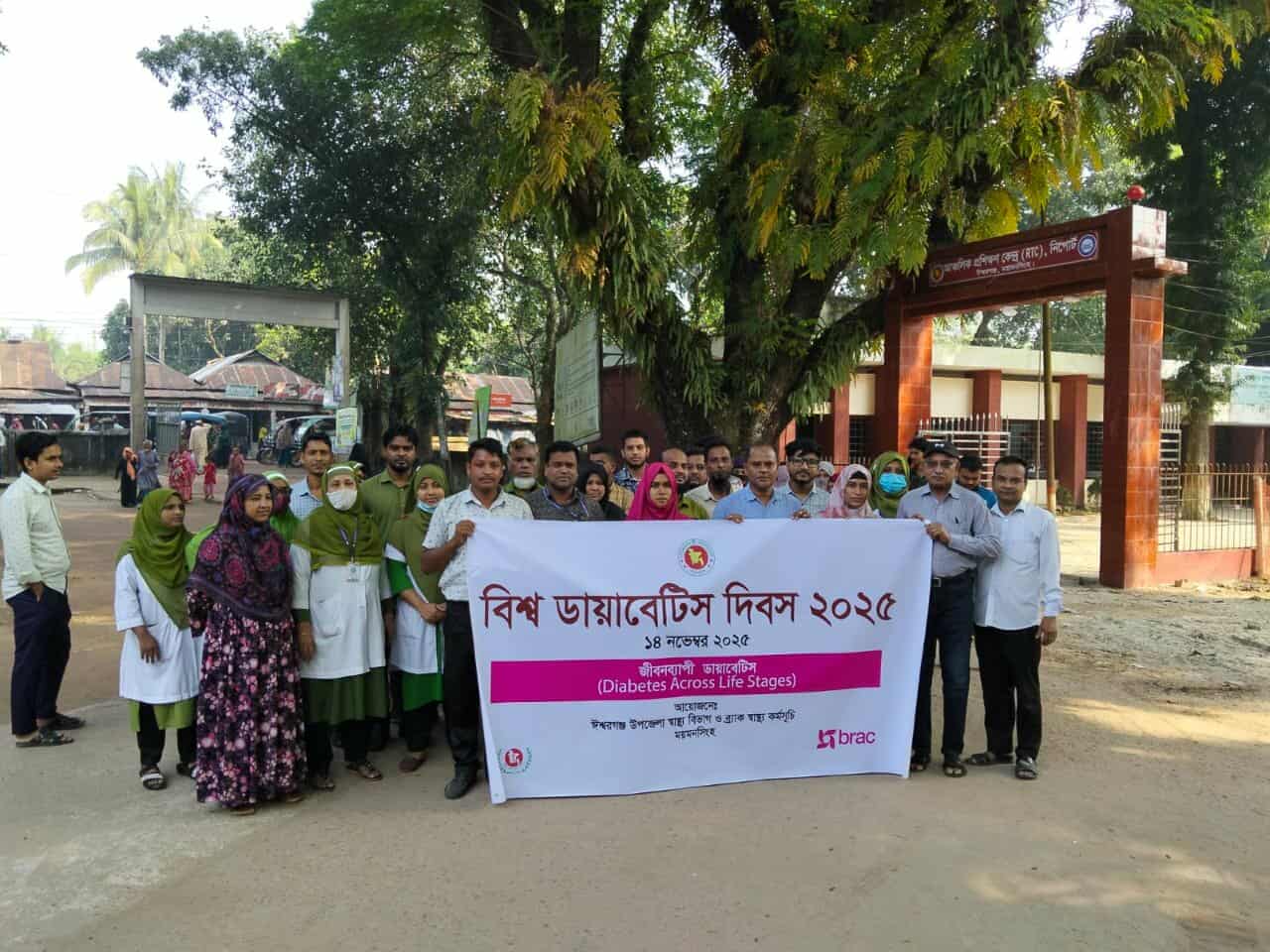COP30 outcome leaves world searching for next steps on fossil fuels

Funding pledges without a clear phaseout plan
Negotiators and activists left the COP30 climate summit in Belem, Brazil, with a strong sense of unfinished business. The final agreement boosted some climate finance and created new initiatives, but failed to deliver the clear fossil fuel phaseout roadmap that dozens of countries had demanded. Instead, governments settled for softer language that gave major oil and gas producers room to continue business largely as usual, frustrating many vulnerable states and campaigners.
Climate diplomats stress that the process is not dead, even if the outcome falls short of what science demands. They note that the talks did lock in billions of dollars in new funding commitments for clean energy, adaptation projects and forest protection. The deal also launched an “implementation accelerator” aimed at helping countries turn pledges into policies, alongside support for new grids and storage. Experts say these pieces matter because they shape what gets built on the ground in the next few years, even when headline language on fossil fuels is weak.
Sector pledges and national plans under mounting pressure
One of the summit’s main legacies is a bundle of sector-specific promises, including targets for energy efficiency, plans to ramp up renewable power capacity and initiatives to cut methane leaks from oil and gas operations. These steps fall short of a formal fossil fuel phaseout, but analysts argue they can still reshape energy markets if regulators translate them into tougher standards and companies follow through with investment. The risk, they warn, is that voluntary initiatives remain on paper while new coal, oil and gas projects go ahead.
The focus now shifts to national climate plans and money. Under the Paris Agreement, countries are due to submit updated emissions pledges before the next UN summit, and pressure is growing on big emitters to spell out how they will reduce coal, oil and gas use in the 2030s. Brazil, as COP30 host, has promised to shepherd voluntary roadmaps for phasing down fossil fuels and halting deforestation, while rich countries face scrutiny over whether new funding for forests and climate resilience is genuinely additional. At the same time, city authorities, Indigenous communities and local groups are pushing ahead with their own projects, from heat-action plans to Amazon forest patrols. Scientists say the next few years will show whether this mix of global pressure and local experimentation can bend the emissions curve fast enough to avoid even more dangerous extremes.





















